D4/D5 - Study Permit
WhatsApp Call
+351 920-072-689 +351-920-187-301
Study in Top Universities - Portugal
Five universities in Portugal feature in the QS World University Rankings® 2018, the highest entry being the University of Porto, which is placed joint 301st in the world. With a long history of well-respected universities, Portugal’s higher education system was ranked the 35th best in the world in the first edition of the QS Higher Education System Strength Rankings.
As well as strong universities, Portugal is also home to a number of well-reputed polytechnics. The main difference between the two is that the universities have a greater focus on academic research, while the polytechnics are more focused on preparing students for a specific career path. Some subjects are only offered at either universities or polytechnics, but there’s also a lot of overlap. For example, both universities and polytechnics offer degrees in engineering, management and humanities subjects.
Since 2006, Portugal has adopted the Bologna Process throughout its universities and polytechnics, a European reform process which aims to establish a common structure for higher education across Europe. In accord with this structure, Portuguese universities offer three levels of degree. These are:
- Bachelor level or licenciatura,which usually takes between three and four years to complete
- Master level or mestrado,which takes one or two years
- Doctorate level or duotoramento,which typically takes three years
Most courses – especially at bachelor’s level – are taught in Portuguese. At graduate level, it’s more common to find English-taught programs, but it’s still definitely an asset to be able to speak the national language. This is not a country where you can rely on everyone being able to speak English.

University of Lisbon
Ranked joint 305th in the world in 2018, the University of Lisbon is the largest university in Portugal, home to over 47,000 students in 18 faculties. It was formed by the merger of the former Technical University of Lisbon (UTL) and the University of Lisbon (UL) in 2013, with the main University in Lisbon originally founded in 1911. The university is currently ranked in the global top 100 of the QS World University Rankings by Subject 2017 for several subjects including art and design, mining engineering and geography.
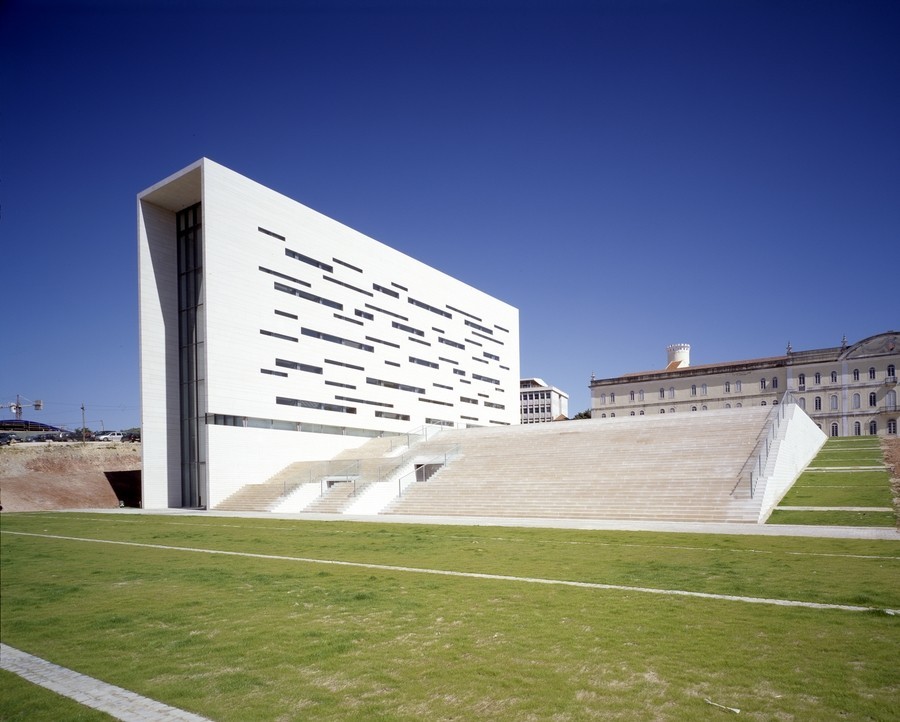
Universidade NOVA de Lisboa
The third highest-ranked Portuguese university is the Universidade NOVA de Lisboa, which stands at joint 361st in the world. Founded in 1973, the Universidade NOVA de Lisboa, informally known as NOVA, has a student population of over 19,500. NOVA benefits from specialized faculties with a particular emphasis on STEM (science, technology, engineering and mathematics) and FAME (finance, accounting, management and economics) subjects. The university also offers the Lisbon MBA, in partnership with Universidade Catolica Portuguesa.
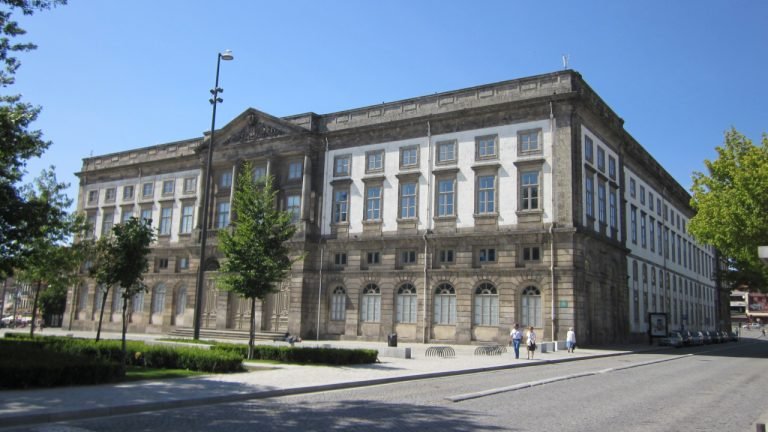
University of Porto
The University of Porto, ranked joint 301st in the QS World University Rankings® 2018, is a public university located in the city of Porto. Founded in 1911, it has a large community of over 31,000 students, including around 3,280 international students. With a recent expansion of research and development activity, the University of Porto has developed a strong output of research. Among the most recognized of the school’s research centers are the Institute of Molecular and Cell Biology, the Institute of Molecular Pathology and Immunology and the Research Institute of Computer Systems.
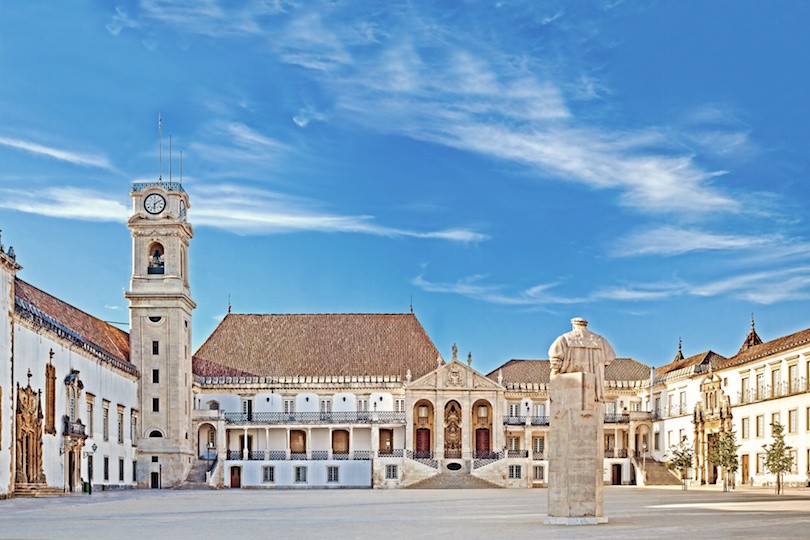
University of Coimbra
The oldest of all universities in Portugal is the University of Coimbra, established way back in 1290. Ranked 401-410 in the QS World University Rankings and located in the city of Coimbra (the former national capital), with a student community of approximately 24,800, the university has a sizeable proportion of international students and teaches across eight faculties, covering STEM subjects as well as arts and humanities.
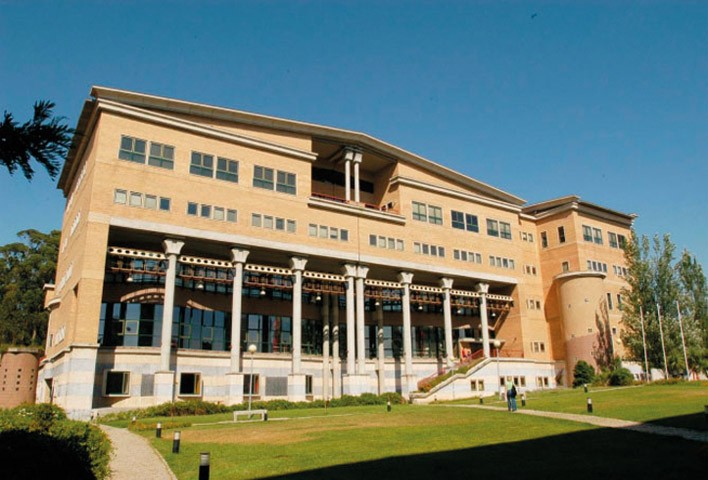
Universidade Católica Portuguesa - UCP
The Portuguese Catholic University (Universidade Católica Portuguesa - UCP) was established in 1967 by decree of the Holy See, at the request of the Portuguese Bishops' conference and under Concordat Law. The Portuguese government's official recognition of UCP occurred in 1971, through decree-law 307/71, which acknowledged the Portuguese Catholic University as on a par with the other Portuguese universities and conferred on the degrees it grants - presently bachelors, master and doctor, - the same value and the same effects as those awarded by State universities.
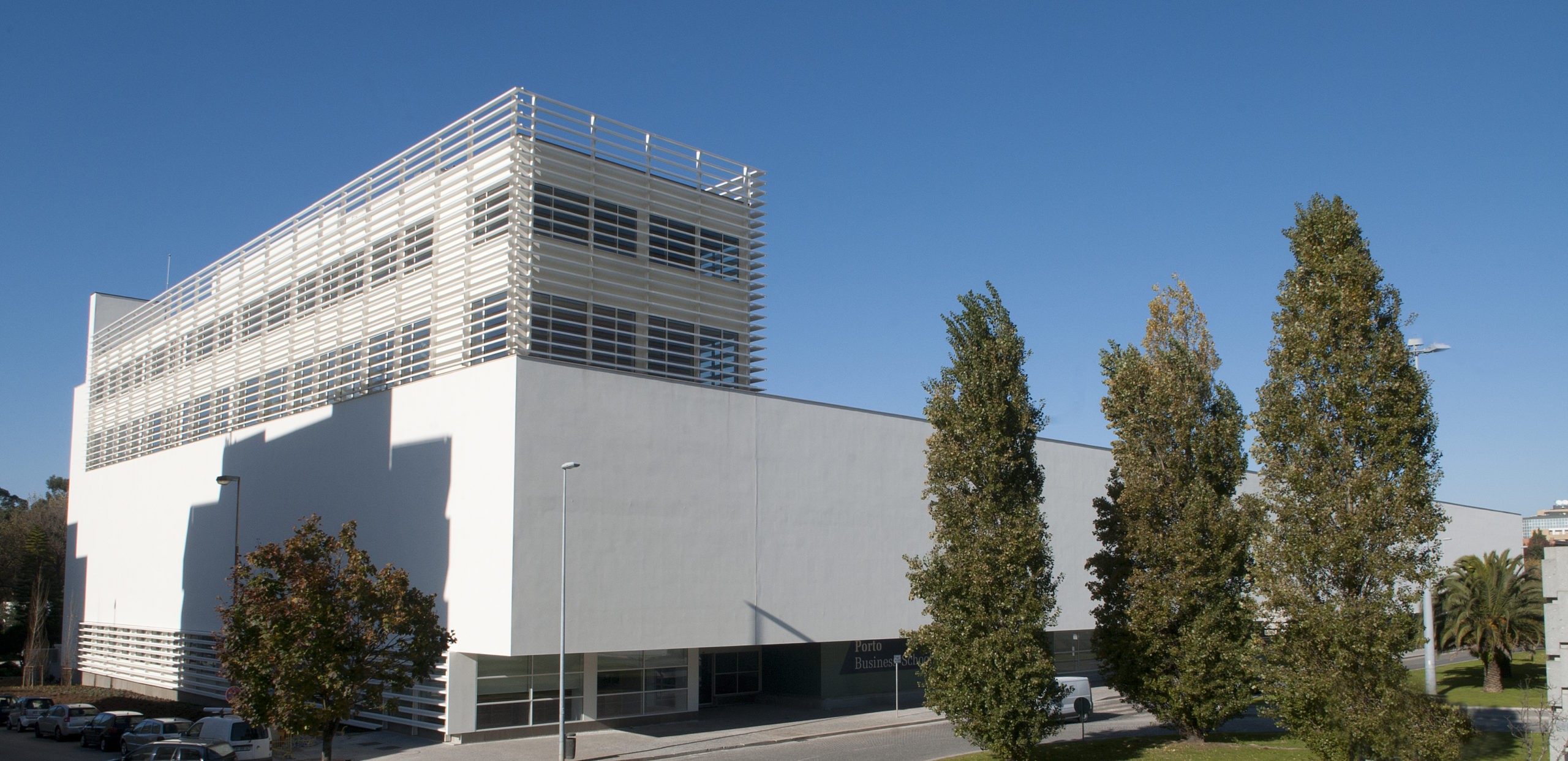
Porto Business School
At Porto Business School, our mission is to improve the quality of management through advanced education at postgraduate level, custom programmes for organisations, corporate partnerships, applied research and consultancy. As Peter Drucker, the father of modern management, pointed out “you cannot manage others unless you manage yourself first.” We provide students with innovative, challenging educational experiences that go beyond business fundamentals to develop the leadership skills and knowledge required for successful careers in management. This is why at Porto Business School we say that we “change lives”, something that we have been doing for more than 25 years. We measure our success by the success of our alumni and by the impact we have on executives, organisations, and society at large. Porto Business School has the mission to improve the quality of management and to promote change in companies and other organizations, by means of advanced training at a post-graduated level, applied research and consultancy. Porto Business School intends seeks to develop a network of knowledge and competences and a support for the actions of leaders and for the competitiveness of companies on global markets
Frequently Asked Questions
Portugal’s student visa rules are similar to those in several other EU countries. If you are coming to study in Portugal from a country from the EU/EFTA, you won’t need a Portuguese student visa but you will have to obtain a certificate of residence from your local city council if you stay longer than three months. Read more about the conditions of the Portuguese immigration policy for EU citizens.
In contrast, non-EU nationals will need a Portuguese student visa if studying in Portugal for longer than three months, along with a residence permit. The Portuguese student visa will need to be obtained from the Portuguese embassy or consulate in the home country before travelling to Portugal. A residence permit will need to be applied for upon arriving in Portugal from the Portuguese Immigration and Borders Service (SEF).
For short study programmes lasting less than three months, residents of some non-EU countries don’t need a visa. They can enter Portugal freely with just a passport valid for six months. A list of countries whose citizens do not need a visa for short stays in Portugal is available here; it includes more than 30 countries, including Australia, Canada, New Zealand and the US.
All other non-EU citizens will need to apply for a short-stay visa for study programmes lasting less than three months. More information on requirements is available in our article on Portuguese visas and permits.
Portugal’s student visa rules are similar to those in several other EU countries. If you are coming to study in Portugal from a country from the EU/EFTA, you won’t need a Portuguese student visa but you will have to obtain a certificate of residence from your local city council if you stay longer than three months. Read more about the conditions of the Portuguese immigration policy for EU citizens.
In contrast, non-EU nationals will need a Portuguese student visa if studying in Portugal for longer than three months, along with a residence permit. The Portuguese student visa will need to be obtained from the Portuguese embassy or consulate in the home country before travelling to Portugal
Schengen short-stay visa (less than 90 days)
For non-EU citizens studying in Portugal on a short course or carrying out academic research lasting less than three months, and whose countries do not have an agreement with Portugal, will need to apply for a short stay (type C) visa in their home country before travelling to Portugal. Portugal is one of 26 Schengen countries and the Schengen visa allows you to travel to Portugal and any other Schengen country for a total of 90 days.
Portuguese student visas and residence permits (longer than 90 days)
If your studies in Portugal will last longer than 90 days, as a non-EU citizen you will have to apply for a long-term Portuguese student visa to enter Portugal (Schengen Visa type D, unless your country has an agreement) and subsequently pick up your residence permit at your office. Read more in our guide to visas for Portugal.
You need to apply for a Portuguese residence permit within three months of arriving in Portugal. This will be valid for one year. If your studies in Portugal last longer than one year, you can apply to the SEF to get your Portuguese student permit renewed. Portuguese resident permits are renewable for up to five years.
EU students can work in Portugal without requiring a work permit. Non-EU students on Portuguese student visa and residence permits are allowed to work in Portugal subject to authorisation from the SEF. You can also request permission to undertake research work, academic teaching or engage in highly qualified activities provided you have the necessary skills and qualifications.
There are also permits available for unpaid trainees and volunteers. If you want to volunteer or undertake an unpaid internship or training position, your employer will need to contact the SEF to enquire about getting the necessary permit.
